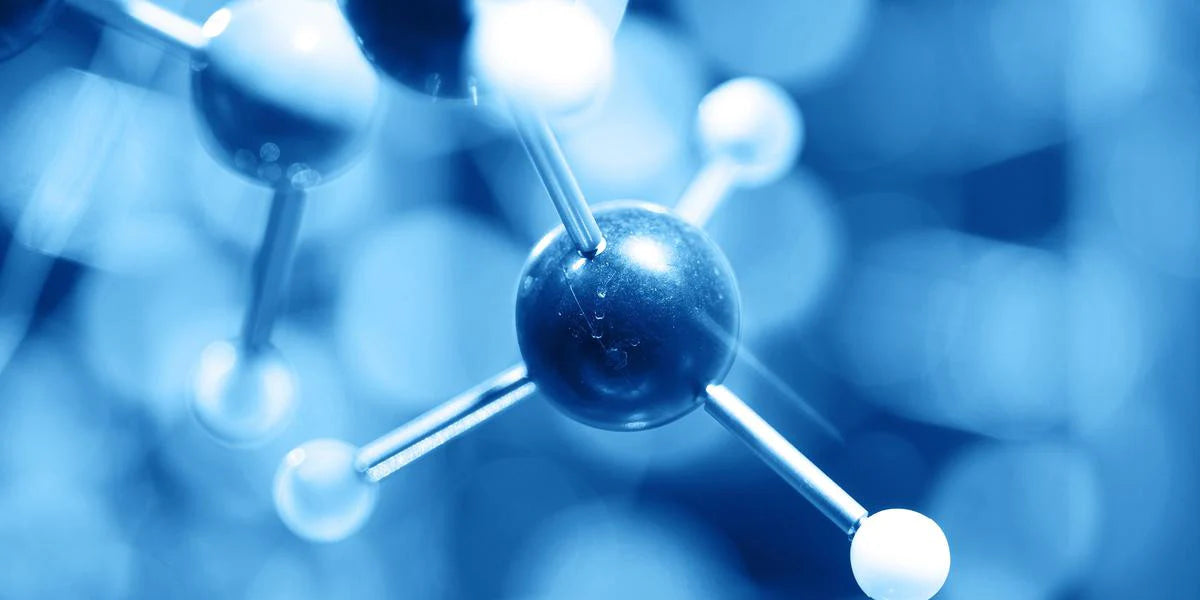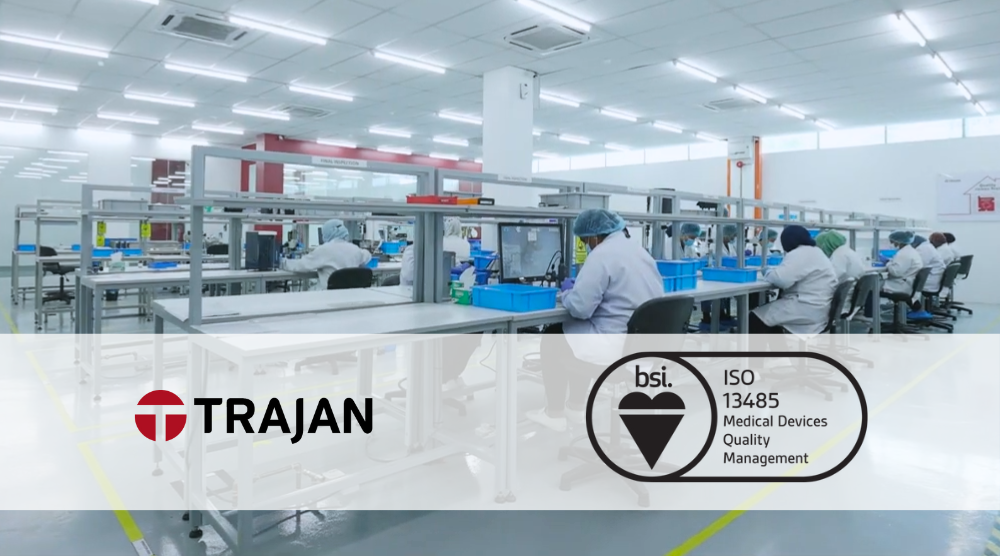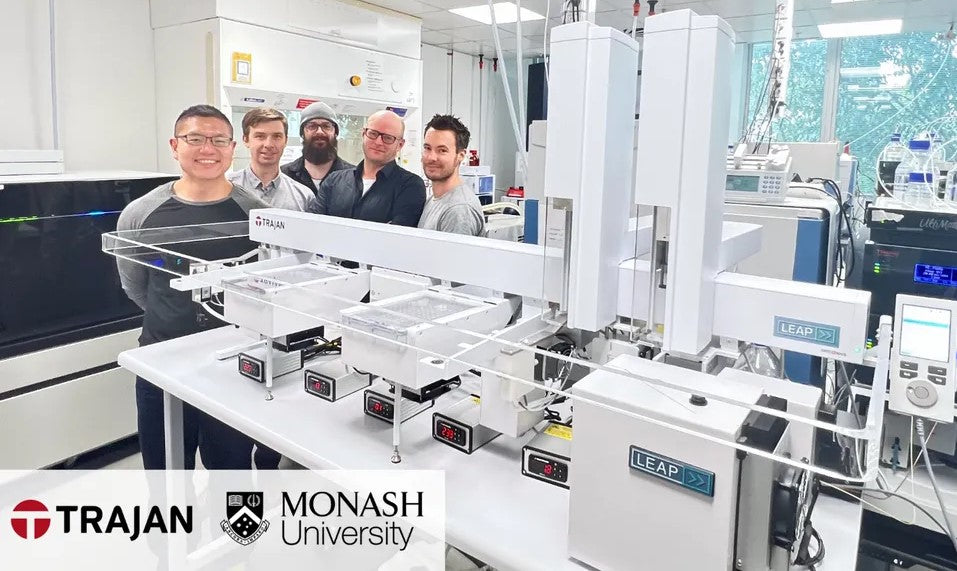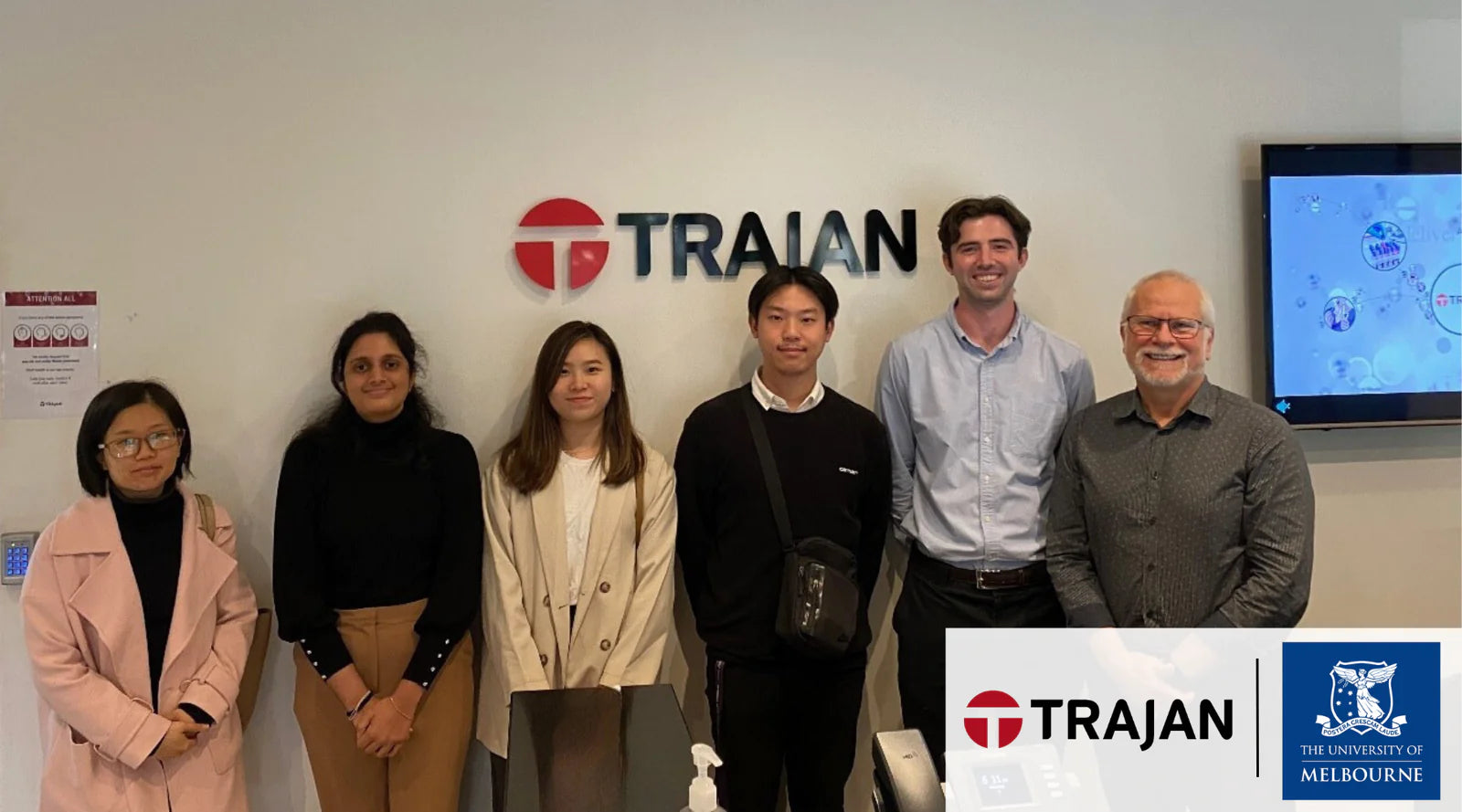Extracts from the University of Tasmania:
What do analytical chemists do when they need a particular piece of lab equipment? They invent it themselves.
Elisenda Fornells Vernet is studying her PhD at the University of Tasmania, and is doing just that.
“I’m working in separation science, which allows us to separate all the compounds in a sample, and quantify them so we know how much there is of each.
“In ASTech we do our investigations with portable analytical separation technologies.
“These are ‘point of care’ devices that mean you don’t need to send your samples to a lab.
“You can go to the source of the sample and test it there. You could go to the river and test your water sample, or test your blood at home. That’s why we need small devices,” she said.
“I am developing my own small instrument for this.”
Eli said the best part of her project is how it combines different areas of expertise.
“You need to understand analytical chemistry, engineering, and I’m even working with electronics. I like the challenge of learning all those things and combining them.”
“I think that’s what a PhD is about, to learn about what you want to do in the future, whether you want to pursue a career in research or work in industry. That’s another good thing about ASTech, you get exposed to the industry side of it so you can choose what you prefer.
“I would love it if my device eventually became part of regularly used analytical instruments.”



